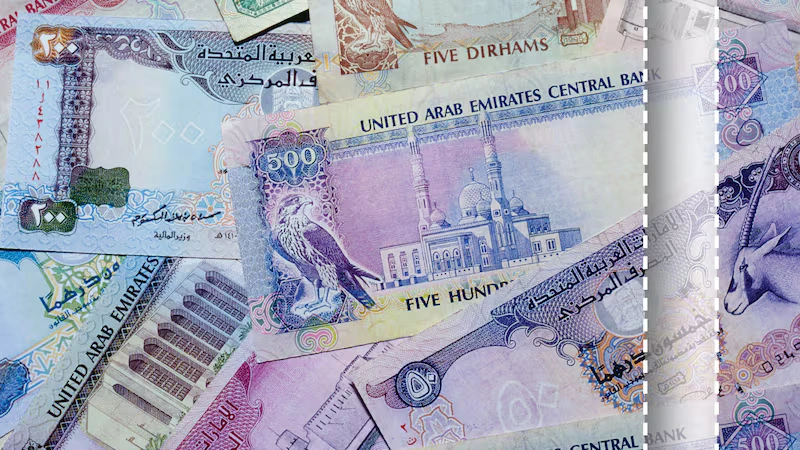Gulf countries are making a significant shift by adopting a global minimum tax rate of 15% for corporations. Despite the region’s traditional reputation as a tax-free haven, targeted incentives are keeping multinational corporations invested.
Historically, low taxes were key in attracting global companies to the Gulf, alongside its strategic location, affordable energy, and growing markets. Until 2022, the UAE didn’t have a federal corporate tax, but now imposes a 9% rate. Following the OECD’s global tax standard agreed upon by 136 countries in 2021, Gulf nations plan to implement the 15% minimum tax from January 2025.
Kuwait recently decided to adopt the tax next year, following a cabinet decision. Bahrain still applies a 0% corporate tax rate in most sectors for 2024, excluding oil and gas. Oman already introduced the OECD-compliant tax in 2017. Saudi Arabia, Qatar, and Bahrain are also likely to raise their corporate tax rates under this agreement.
This policy change means Gulf nations can no longer rely solely on low taxes to attract multinational companies. Instead, they are enhancing investment packages with specific incentives like tax exemptions. For instance, Saudi Arabia offers a 30-year tax exemption to foreign companies setting up regional headquarters, with zero corporate and withholding taxes during that period.
The UAE is also taking steps to attract investment. Starting in 2026, the UAE Finance Ministry plans to offer corporate tax incentives for research and development, including refundable tax credits of 30–50%, depending on company size and revenue.
These strategies reflect a recalibration in the Gulf’s approach to foreign investment. While the new tax policies mark a shift, committed investors are unlikely to be deterred. Factors such as low energy costs, world-class infrastructure, and a high quality of life continue to make the region attractive.
Major global corporations are expanding in the Gulf. Morgan Stanley is relocating its Middle East headquarters to Riyadh, while hedge fund Marshall Wace is opening offices in Abu Dhabi. Energy giants like Shell, BP, and TotalEnergies are backing ADNOC’s LNG projects. In the consumer market, US beauty brand Kosas recently entered the Gulf through Sephora, tapping into the region’s high-spending beauty sector.
The Gulf remains a hub for businesses seeking growth. However, understanding the region’s vision and aligning with its priorities is key for success. Saudi Arabia now requires multinational companies to establish regional headquarters to bid on government contracts. This aligns with a broader push to attract foreign capital, not just for financial returns but also for talent, technology, and intellectual property.
Economic diversification is a central strategy for Gulf nations. Ambitious plans like Saudi Vision 2030 and UAE Centennial 2071 aim to reduce dependence on oil by investing in renewable energy, artificial intelligence, and logistics. These efforts align with the global energy transition and position the Gulf as a competitive player in the global economy.
Events such as Abu Dhabi Finance Week (ADFW) showcase this ambition. ADFW 2024 attracted 20,000 delegates representing over $42.5 trillion in assets to discuss topics like innovation, sustainability, and technology.
For businesses, aligning with the Gulf’s economic goals is essential. Governments prioritize companies that contribute to diversification, innovation, and local job creation. Businesses that meet these criteria gain access to incentives, partnerships, and a thriving market. In today’s global economy, the Gulf offers more than just financial opportunities, it invites collaboration, expertise, and vision.





